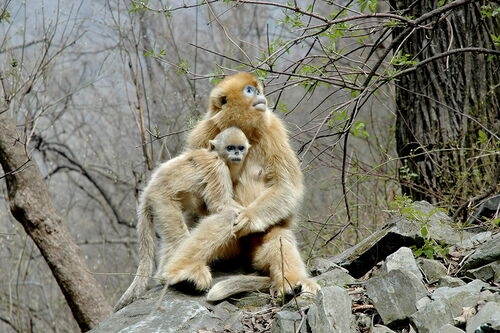Is academia waking up to the problem of sexual harassment?

Q: In July 2014, you and your colleagues at several other institutions published the first survey of sexual harassment and assault occurrences in scientific field sites. What did you find?
A: We found that a significant proportion of our sample had witnessed inappropriate comments at their field sites and that many in our sample had also personally been harassed or assaulted. The people targeted were disproportionately female trainees. We also found that when women were targets, more of the abuses came from people superior to them in their jobs, but when men were targets, more of the abuses came from peers. So female trainees were doubly vulnerable, in terms of the incidence and type of abuse they were at risk of, in our sample.
Q: How was that report received?
A: For the most part, very well. Seeing the data radicalized and enlightened a lot of people whose own good experiences blinded them to the experiences of others. Many people have completely changed how they conduct their field work, and many field stations have overhauled their policies and codes, and have even developed bystander trainings.
Q: Have other such studies followed yours?
A: Yes – there are active studies happening in archaeology, astronomy and astrophysics, physics, and I believe some work is beginning at biological field stations.
Q: Has the new attention improved things for women pursuing careers in science?
A: I think it’s improved things for everyone. When we acknowledge the importance of inclusion and respect, and develop a culture and multilevel efforts to improve workplace climate, we make a better work experience that is more productive and satisfying.
Q: Why do you think the proposed legislation is needed?
A: Right now, there are few consequences for harassers, even those who have been found guilty by Title IX investigations. And since those reports are often closed, the perpetrators can jump from university to university, serially harassing people. This legislation is part of a broader solution to try and end that. Taxpayer money should not support people who create a hostile climate in their workplace.
Q: Do you see evidence that the climate in higher education is changing?
A: Absolutely! I have been visiting campuses all over the country for the last two years, since our paper came out, and there are so many great people taking on workplace climate issues in the sciences and in higher education more generally. There is a rising tide of field station directors, lab managers, professors and conference organizers who are anticipating issues and creating policies and consequences to help make the workplace climate better for everyone. When someone feels like they can step into a scientific workplace and be respected and do their job well, they can bring their whole selves to their job – their creativity, intelligence and work ethic. When we change the climate, we do better science, and that’s a really exciting change.








